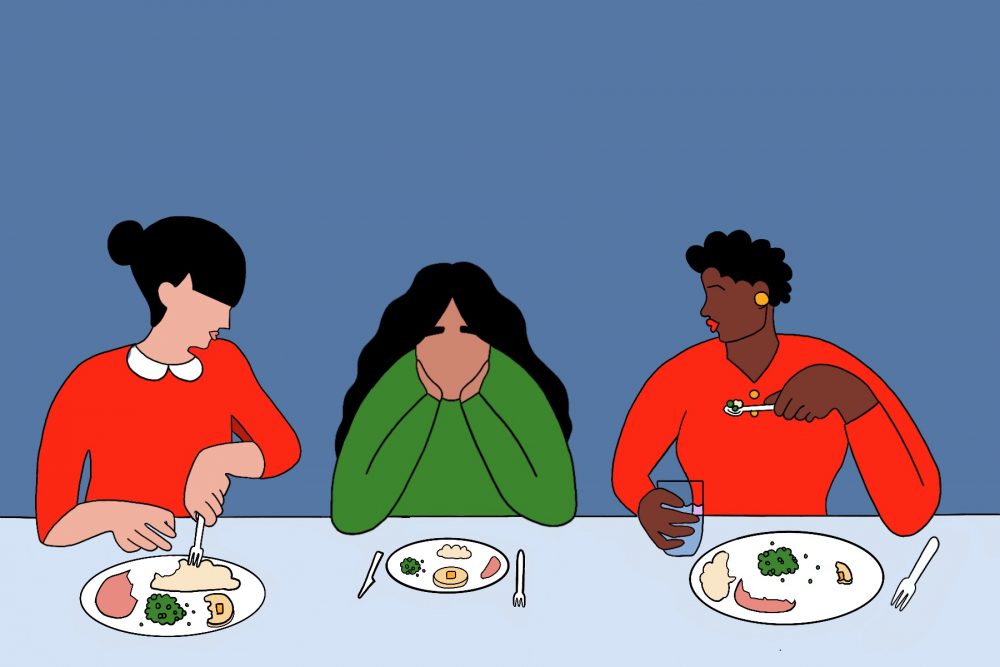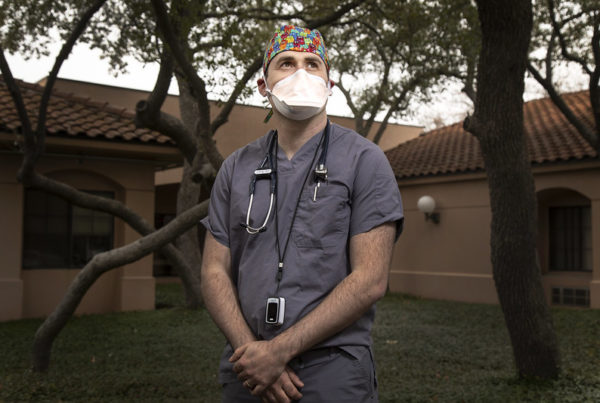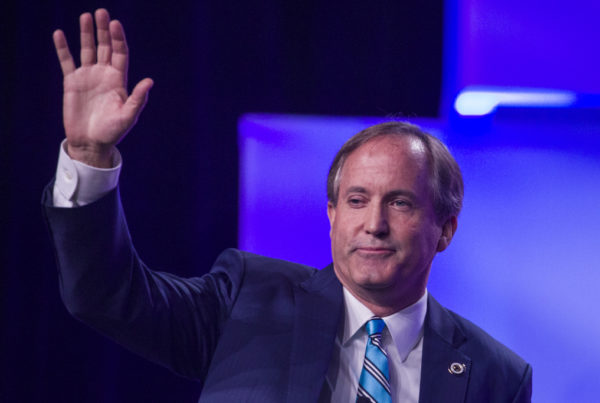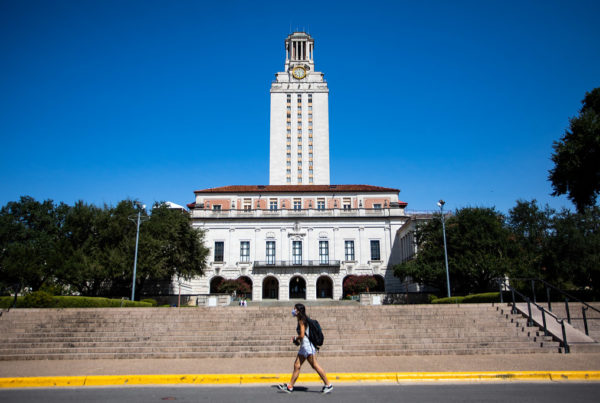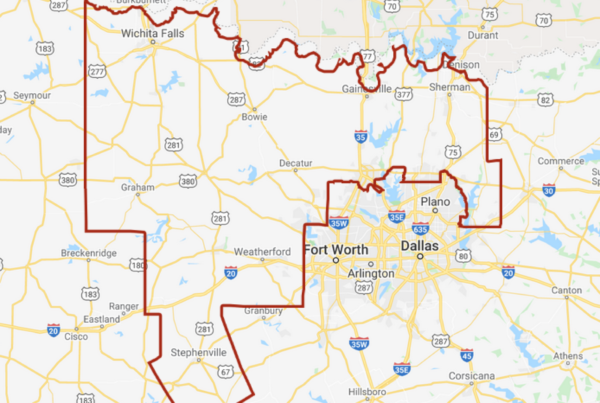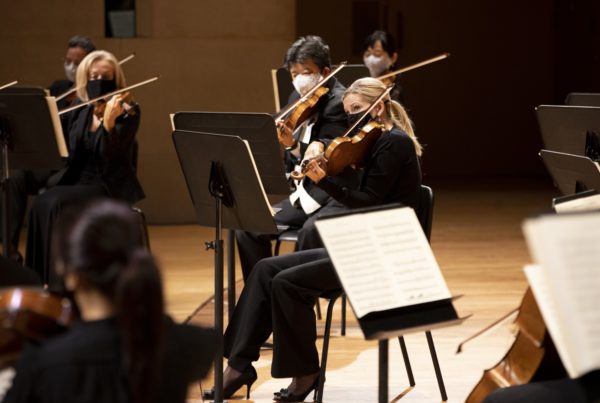From Houston Public Media:
Before the pandemic, student Lizzy Mosqueda said she enjoyed the small daily rituals. Like putting on makeup before heading to class.
But COVID-19 changed all of that. Classes went virtual, and suddenly, the stress of the pandemic began to upend her routines. And Mosqueda, who has a binge eating disorder, said she began seeing food as the only thing she could rely on through the uncertainty.
“Food is a comfort, it’s a friend, it’s a coping mechanism,” she said. “It’s kind of everything.”
Now the coronavirus is shaking up her holiday get-togethers. Usually, she attends three different Thanksgiving celebrations with her extended family. This year, the gathering downsized to include immediate family only.
The smaller party size brought some relief — she wouldn’t feel judged by what she called the “petite” side of her family — but her anxiety didn’t completely dissipate.
“The food anxiety still lies there,” she said. “If anything, I feel like the eating will continue, just maybe when everybody’s not around.”
The COVID-19 pandemic has triggered or worsened eating disorders for many others. A study conducted by the International Journal for Eating Disorders found that symptoms worsened across the board for people with anorexia, bulimia and binge-eating disorders nationwide since the lockdowns in March.
Among respondents, 62% of people with anorexia have experienced more severe restriction and food fear during the pandemic, while 30% of those with bulimia and binge-eating disorder reported experiencing more binge-eating episodes, and a greater urge to binge.
And holiday meals can create even more anxiety for people already struggling with their relationship to food.
“Some of the things that we’ve been witnessing with the patients that we treat is that the pandemic has created a complete disruption in people’s norms,” said Anna Brown, with the Eating Recovery Center in the Woodlands. “And then just how they cope with things… They tend to find that maybe they feel less anxious if they feel like they’re in control of what they’re eating. It gives them something else to focus on.”
As symptoms have gotten more severe, treatment centers have seen greater demand and longer waitlists.
“We’ve seen unprecedented trends in how many folks are calling and reaching out to come in for treatment during this pandemic season,” said Brown, who oversees care in the partial hospitalization and intensive outpatient programs.
“It’s defied all kinds of previous trends that we’ve noted,” Brown said. “It’s really been remarkable.”
Frequently celebrated with “special occasion” meals, like turkey and stuffing at Thanksgiving or cookies and eggnog around Christmas, food around the holidays can serve as a way to commemorate happy times. But for those with eating disorders, food can be a minefield of triggers.
“There’s a great bit of anxiety that our patients that we serve experience,” Brown said. “A lot of focus on the food, focus on, ‘my family members will be concerned about what I’m eating or not eating or how much I’m eating, if it’s too much, making comments about that.’”
Her colleague Catherine Ruscitti, clinical director of the Eating Recovery Center in Houston, said they’ve seen double the patients they would normally see pre-COVID.
“On one hand, there might be less pressure to go to a big gathering, which might feel like a relief to some people that really struggle in these bigger settings,” Ruscitti said. But on the other hand, she added, “they might be feeling more isolated or feeling sadness or guilt around not being able to see family during the holidays.”
So how can people cope? Experts recommend families steer clear of diet-related topics at holiday gatherings, whether in person or through video conferencing. The conversation could be triggering for someone with an eating disorder.
“We want to take the focus off talking about food, talking about weight, talking about exercise and things like that and really focus on connecting over things that we truly value,” Ruscitti said.
Ruscitti also suggested eating at regular intervals rather than saving calories for one big meal, and helping loved ones lower their anxiety by supporting their coping skills.
For her part, Mosqueda said she plans to use the holidays this year as a way to focus on family rather than food.
“I’m really hoping that since it’ll just be the intimate family, that we’ll get to spend some time with each other,” Mosqueda said. “Maybe just spending that quality time with each other so I can get distracted and not have my thoughts get so consumed with, ‘what am I going to eat later?’”
“I’m really hoping for some quality family time to help me stay away from those intrusive thoughts,” she said.


